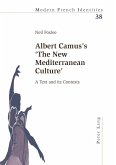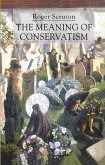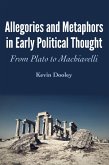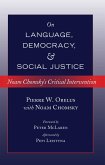Freedom in French Enlightenment Thought examines how five eighteenth-century French theorists - Montesquieu, Diderot, Rousseau, Voltaire, and Condorcet - kindled the flame of freedom in America and France. Each thinker laid down a building block that would eventually inspire the language in constitutions around the world. They held that citizens have certain inalienable rights that are dictated by natural law and endowed to all by our Creator; that these rights include equality before the law, justice, safety and security of persons and property, and freedom of speech, press, assembly, and religion. Montesquieu recommended three separate branches of government that function independently of each other. Diderot held that there is no true sovereign, except the nation; that there is no true legislator, except the people. Rousseau advised that the individual will must be subordinate to the general will and private interest to that of the community: he warned against legislators who act from their own financial interests and enact laws to aggrandize themselves. Voltaire believed that selfishness, greed, and the desire for luxury are not only part of human nature, but that they compel people to achieve, trade with others, search, explore, and invent: the passions are the engine that makes capitalism run and that stimulate all human endeavor. Condorcet, a champion of civil rights, boldly proclaimed equality for women, blacks, and the poor. The philosophes held that free and universal public education will permit more citizens to participate in the progress of the arts and sciences and will improve the standard of living among all strata of society. An unrestrained press permits citizens to make informed decisions. Their polemics have indeed changed the face of the world.
Dieser Download kann aus rechtlichen Gründen nur mit Rechnungsadresse in A, B, BG, CY, CZ, D, DK, EW, E, FIN, F, GR, HR, H, IRL, I, LT, L, LR, M, NL, PL, P, R, S, SLO, SK ausgeliefert werden.









